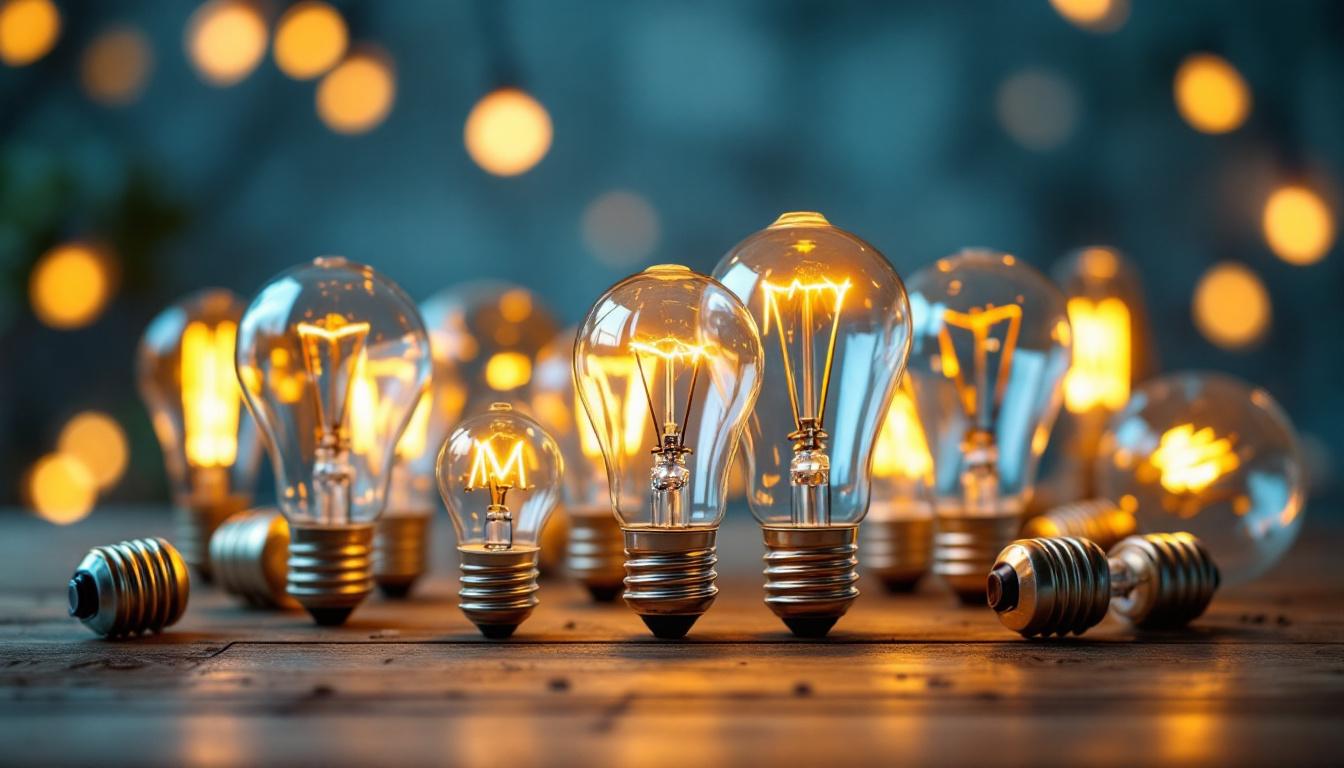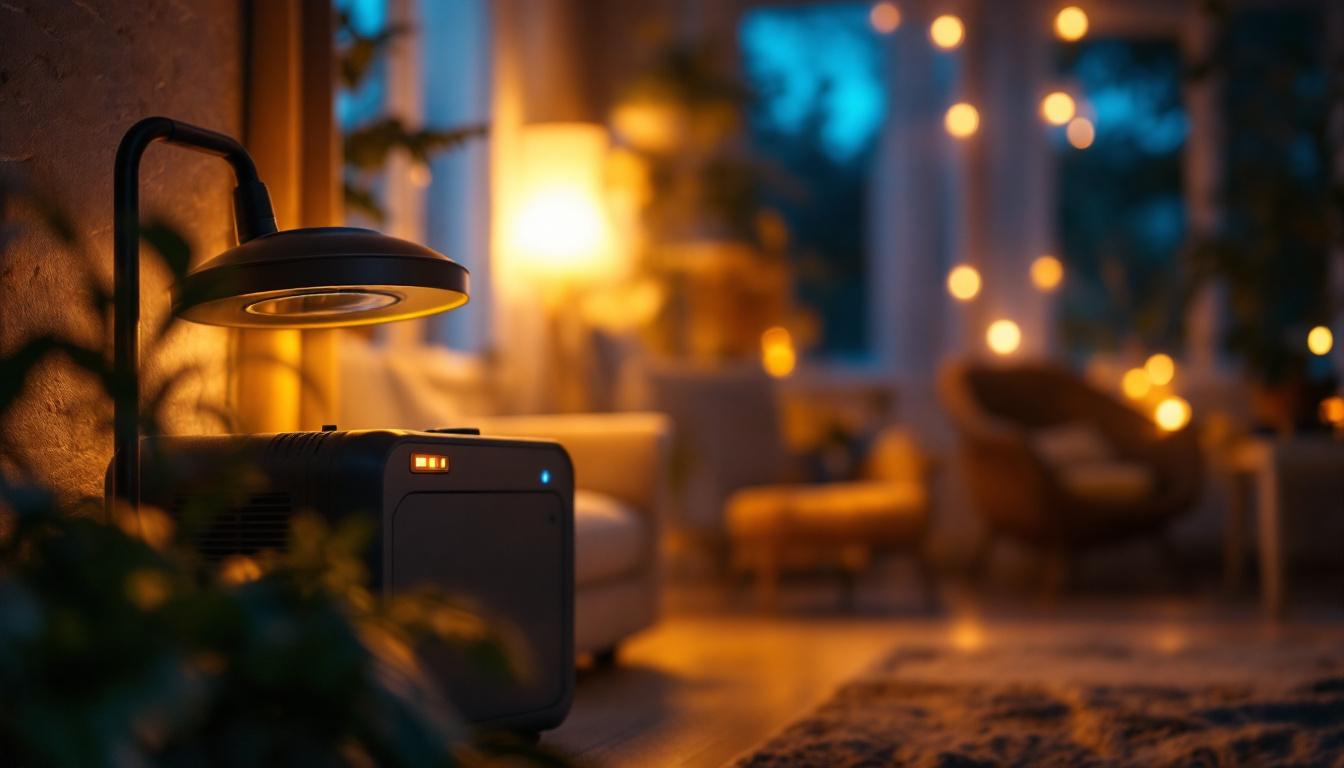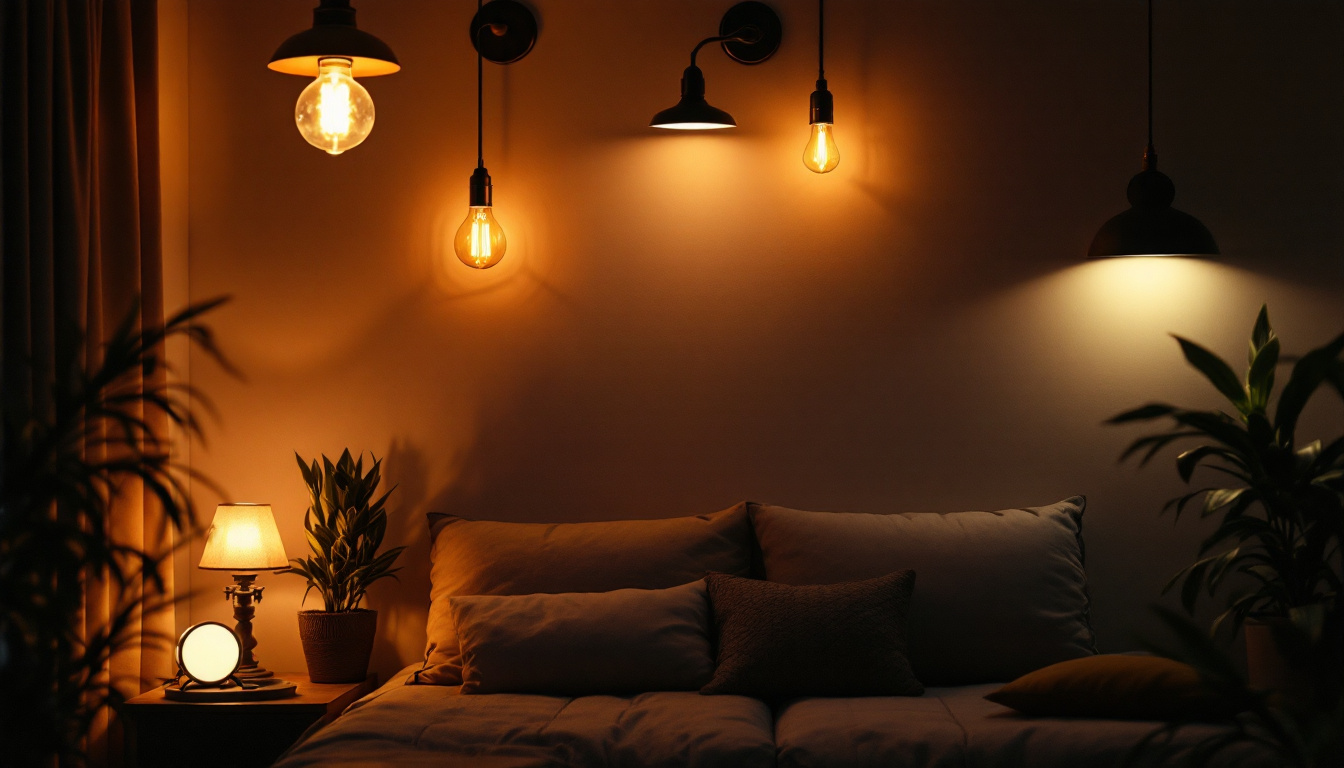
In the world of lighting, the bulb base is a critical component that often goes unnoticed by the average consumer. However, for lighting contractors, understanding the various types of bulb bases is essential for providing the best service to clients. A bulb base not only affects the functionality of a light fixture but also plays a significant role in the aesthetic appeal of a space. This article delves into what standard bulb bases are, their types, and what clients expect lighting contractors to know about them.
Bulb bases serve as the connection point between the light bulb and the fixture. They ensure that the bulb is securely held in place and that electrical contact is made for the bulb to function. A solid understanding of bulb bases allows contractors to recommend the right products for specific applications, enhancing both safety and performance.
Moreover, a well-informed contractor can help clients navigate the myriad of options available in the market. This not only builds trust but also positions the contractor as a knowledgeable resource, which can lead to repeat business and referrals.
There are several common types of bulb bases, including the Edison screw base, bayonet base, and bi-pin base, each designed for specific types of bulbs and fixtures. The Edison screw base, for instance, is one of the most widely used types, found in everything from household lamps to commercial lighting. Understanding the nuances of these bases, such as the difference between E26 and E27 sizes, can significantly impact the compatibility of bulbs with fixtures. Similarly, the bayonet base, often used in automotive and specialty lighting, requires a different installation technique, which can be a crucial detail for contractors to convey to their clients.
Furthermore, the evolution of lighting technology has introduced new base types, such as GU10 and G4, which are commonly used in LED and halogen bulbs. These bases often come with unique features, such as twist-lock mechanisms, which enhance the ease of installation and replacement. As energy-efficient lighting continues to gain popularity, contractors must stay informed about these advancements to provide clients with the best options available. This knowledge not only aids in selecting the right bulb but also ensures that the lighting solutions provided are both effective and sustainable, aligning with modern energy standards and client expectations.
There are several standard bulb bases commonly used in residential and commercial lighting. Each type has its unique characteristics, which can influence the choice of lighting in various settings. Below are some of the most common bulb bases that lighting contractors should be familiar with.
The Edison base is perhaps the most recognizable bulb base type. The E26 and E27 designations refer to the diameter of the base in millimeters. E26 is primarily used in North America, while E27 is more common in Europe. This base type is compatible with a wide variety of light fixtures, making it a versatile choice for contractors.
Clients often expect contractors to know the compatibility of E26 and E27 bases with different types of bulbs, including incandescent, LED, and CFL. Understanding the wattage and brightness levels associated with these bulbs can help contractors make informed recommendations based on the client’s needs. Furthermore, the Edison base has a rich history, dating back to Thomas Edison’s original designs, which adds a layer of nostalgia and authenticity to its use in modern lighting. With the rise of smart lighting solutions, many E26 and E27 bulbs now come equipped with smart technology, allowing users to control brightness and color temperature via smartphone apps, thereby enhancing the overall user experience.
The GU10 base is a twist-and-lock type that is commonly used in spotlight and track lighting fixtures. It features two pins that allow for easy installation and removal. This base is particularly popular for its ability to provide focused lighting, making it a favorite in both residential and commercial settings.
Clients may expect contractors to explain the benefits of using GU10 bulbs, such as energy efficiency and the availability of various color temperatures. Additionally, understanding the different wattage options available can help clients achieve the desired ambiance in their spaces. GU10 bulbs are often favored for their sleek design and ability to produce high lumens per watt, making them ideal for accent lighting in galleries, retail spaces, and homes. The versatility of GU10 bulbs extends to their compatibility with dimmer switches, allowing for adjustable lighting that can enhance the mood of any environment, whether it’s a cozy dinner setting or a vibrant social gathering.
Bi-pin bases, including G4, G5.3, and G6.35, are often used in low-voltage applications. These bases feature two pins that are spaced apart, making them suitable for a variety of fixtures, including under-cabinet lighting and landscape lighting. The G4 base typically operates at 12 volts, while G5.3 and G6.35 can handle higher voltages.
Contractors should be prepared to discuss the advantages of bi-pin bulbs, such as their compact design and versatility. Clients may also inquire about the best applications for these types of bulbs, and understanding the nuances can help contractors provide tailored solutions. Bi-pin bulbs are particularly valued in decorative and accent lighting, where their small size allows for creative installations that enhance architectural features. Moreover, with the increasing trend towards energy-efficient lighting, many bi-pin bulbs are now available in LED options, providing longer lifespans and reduced energy consumption, which can be a significant selling point for environmentally conscious clients. As landscape lighting becomes more popular, contractors can also highlight how bi-pin bases can be effectively used in outdoor settings, creating inviting atmospheres in gardens and patios while ensuring safety and visibility at night.
Clients often have specific expectations when hiring lighting contractors, especially regarding their knowledge of bulb bases. Here are some key areas where clients typically seek expertise.
Clients expect contractors to have a comprehensive understanding of which bulb bases are compatible with various fixtures. This includes knowing not only the physical compatibility but also the electrical requirements. For instance, a client may have a fixture designed for a GU10 base but want to use an E26 bulb for convenience. A knowledgeable contractor can explain why this is not advisable and recommend suitable alternatives.
Furthermore, clients appreciate when contractors can suggest energy-efficient options. With the growing emphasis on sustainability, being able to recommend LED bulbs or other energy-saving technologies can significantly enhance a contractor’s value in the eyes of the client.
Installation is another critical area where clients expect contractors to demonstrate expertise. Understanding the specific requirements for different bulb bases, such as voltage and wattage limits, is essential for ensuring safety and compliance with local electrical codes. Clients rely on contractors to install fixtures correctly to prevent hazards such as overheating or electrical shorts.
Additionally, contractors should be prepared to educate clients about the importance of using the correct bulb base. Misusing a bulb base can lead to performance issues or even damage to the fixture. Providing this information not only enhances client satisfaction but also fosters a sense of trust and reliability.
The lighting industry is continuously evolving, with new technologies and trends emerging regularly. Clients expect contractors to stay updated on these developments, particularly regarding bulb bases and their applications. For instance, the rise of smart lighting solutions has introduced new bulb bases that may not be familiar to all contractors.
Being knowledgeable about the latest innovations allows contractors to offer clients cutting-edge solutions that can improve energy efficiency and enhance user experience. This could include discussing smart bulbs that can be controlled via mobile apps or integrated into home automation systems. Staying informed about these trends can set a contractor apart in a competitive market.
Even experienced lighting contractors can make mistakes when it comes to bulb bases. Here are some common pitfalls to avoid, ensuring that clients receive the best possible service.
One of the most significant mistakes a contractor can make is failing to listen to the client’s needs. Each client has unique requirements based on their space, preferences, and budget. Ignoring these factors can lead to recommending the wrong bulb base or fixture, resulting in dissatisfaction.
Taking the time to understand what the client is looking for can lead to better recommendations and ultimately a happier customer. This approach can also open up opportunities for upselling or suggesting complementary products that enhance the overall lighting design.
In an era where energy efficiency is a top priority, overlooking this aspect can be detrimental. Clients are increasingly aware of the environmental impact of their choices and often seek contractors who can provide sustainable options. Failing to recommend energy-efficient bulbs or fixtures can result in lost business and a tarnished reputation.
Contractors should be proactive in discussing energy-saving options with clients, highlighting the long-term benefits of using LED bulbs or other efficient technologies. This not only meets client expectations but also aligns with broader sustainability goals.
Lighting contractors must be well-versed in local electrical codes and regulations regarding bulb bases and fixtures. Inadequate knowledge can lead to compliance issues, which could result in fines or safety hazards. Clients expect contractors to ensure that all installations meet legal requirements.
Staying informed about local codes is essential for any contractor. Regular training and continuing education can help ensure that knowledge remains current, ultimately benefiting both the contractor and the client.
In conclusion, understanding standard bulb bases is crucial for lighting contractors aiming to provide exceptional service. Clients expect contractors to be knowledgeable about various bulb bases, their compatibility, and the latest trends in lighting technology. By meeting these expectations, contractors can enhance client satisfaction and build lasting relationships.
Moreover, avoiding common mistakes, such as neglecting client needs and overlooking energy efficiency, can further elevate the client experience. As the lighting industry continues to evolve, staying informed and adaptable will ensure that contractors remain valuable resources for their clients.
Ultimately, a well-informed contractor not only enhances their reputation but also contributes to the overall success of their business. By prioritizing knowledge of standard bulb bases and their applications, lighting contractors can position themselves as trusted experts in the field.
Ready to elevate your lighting projects with the highest quality products at the best value? Look no further than LumenWholesale. Our extensive selection of spec-grade lighting solutions is designed to meet the needs of the most discerning contractors. With unbeatable wholesale prices and the convenience of free shipping on bulk orders, you can trust us to provide the performance and reliability your clients demand, without any hidden fees. Explore our wholesale lighting options today and experience the perfect blend of quality, affordability, and convenience that only LumenWholesale can offer.

Discover how solar powered strip LED lighting boosts efficiency for contractors, reduces energy costs by up to 50%, and offers eco-friendly, reliable illumination—transform your projects today!.

Discover essential tips and common pitfalls for lighting contractors working with LED roof lights.

Discover how to optimize your battery backup light for maximum efficiency, ensuring reliable illumination during outages.

Explore the critical role of low lighting in modern design and discover why lighting contractors prioritize it for creating ambiance and enhancing functionality.